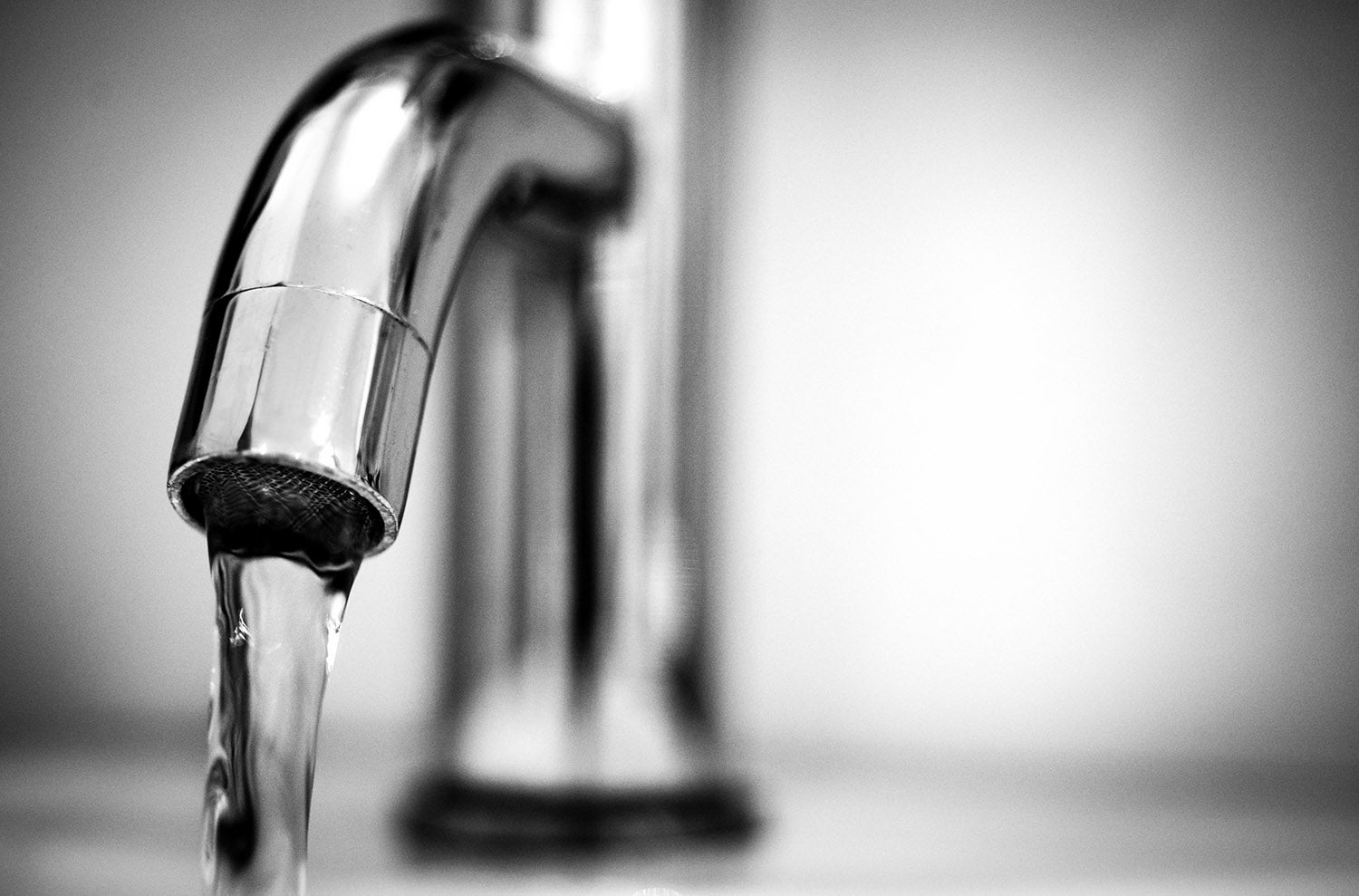Hard water and water softeners have become quite popular in recent times. Hard water contains minerals like Calcium as well as Magnesium while on the other hand water softeners remove all these minerals as well as contaminants from the water. Now, in this article, I’ll share deep reviews and knowledge about Hard water and water softening.
Now, it’s up to you whether you need any water softeners or not. Let’s dive and look at what are its advantages as well as disadvantages, and how to use them.
What is Hard Water?
Hard Water contains high mineral content. Hard water is formed with the deposits of limestone, chalk as well as gypsum that are made with calcium and magnesium carbonates, bicarbonates and sulfates.
Basically, hard water causes harmful effects related to skin, hair, and more. Apart from that, hard water also creates issues in the industry sector as it can kill species and harm to the environment.
Advantages of Hard Water
- Some people prefer to drink hard water.
- As hard water contains Calcium ions in water and it’s good for children’s teeth as well as bones.
- Hard water can help reduce heart diseases.
- It is used to make beer.
Disadvantages of Hard Water
- It is quite challenging to form a lather with soap in hard water.
- Scum may form in a reaction with soap.
- Hard water is not at all suitable for dyeing materials.
- It forms annoying timescales in containers, including Kettles, pots, pipes, and more.
What is a Water Softener?
Water softeners are used to remove minerals as well as contaminants from the water. It can help you to remove calcium, magnesium as well as other metal cations from hard water. You can see this article to know how a water softener works. Now, let’s look at the advantages and disadvantages to using a home water softening system.
Advantages of Water Softeners
- Water softeners reduce the ph level in the water.
- It reduces the irritation on the hands and body too.
- The water softeners remove all the minerals and contaminants from the water.
- It helps in recovering the shininess of the water and decrease water usage.
- Water softeners ensure that your household equipment does not get eroded quickly.
Disadvantages of Water Softeners
- The water softening process is quite pricey, especially if you’re buying for home use.
- It can harm the environment by increasing the acidity of the soil.
- It removes minerals like Calcium from the water, and it is not suitable for our body.
Is water softening safe?
Well, you know very well that Bacteria, as well as Fungi forms on the resin of the water-softening system. So, cleaning the equipment regularly can keep your water safe.
Apart from that, the severe safety concern is the additional sodium in-home drinking water. In case your home is old and doesn’t have a powerful or modern plumbing system, you can test different levels of water to find other contaminants.
All in all, water softening is safe and beneficial. And it’s not a time-consuming process as well; like, you can buy these UK water softeners and expect them to work automatically without wasting a second of your time— just open the tap and use the water.
Is hard water safe to drink?
The term hard in Hard water is high in dissolved minerals in the water, especially Calcium and Magnesium. It is said that hard water is not health-hazard; however, dealing with hard water at home can be a nuisance.
You can either measure the home-use water testing kit or can be measured more accurately. Moreover, you can manage the hardness of the water with packaged water softeners or with the mechanical ion exchange.
Frequently Asked Questions?
Q.1. How to find the cost of a water softener?
A.1. Well, the cost of water softener varies according to the type as well as size. The savings provided by water softener can produce a payback within 2 to 4 years. It can cost you from $350 to $1000.
Q.2. Can we use hard water for plants?
A.2. Before using, you must first ask your local garden center. The level of sodium used in soft water is quite harmful to some of the plants. Moreover, the majority of plants like rain or tap water so, it’s unnecessary to use soft water to use on plants.
Q.3. Do I have to pay extra for the water bill if I fit a water softener?
A.3. No! You need a minimal amount to regenerate the softener; however, your water bill will not be affected unless you have a water meter fitted.
Q.4. Why do we need to soften the water?
A.4. Well, there is no necessary requirement to soften your water. The decision to soften the water is of your personal choice to a safe environment.
The Conclusion
You need a water softener if you live in an area with hard water, so as not to damage your household appliances and your hair & skin. Moreover, a study shows that we can drink both hard or soft as they don’t have any side effects. Usually, hard water contains minerals which I think are better for bones. If you have any queries or suggestions, leave a comment below.
